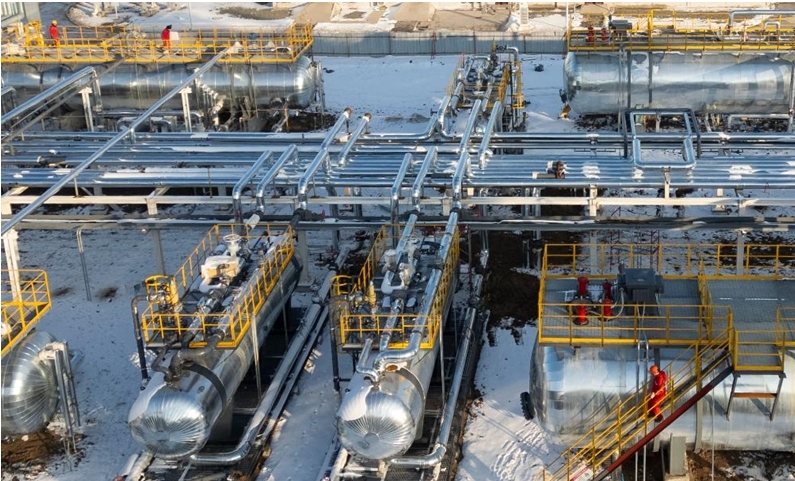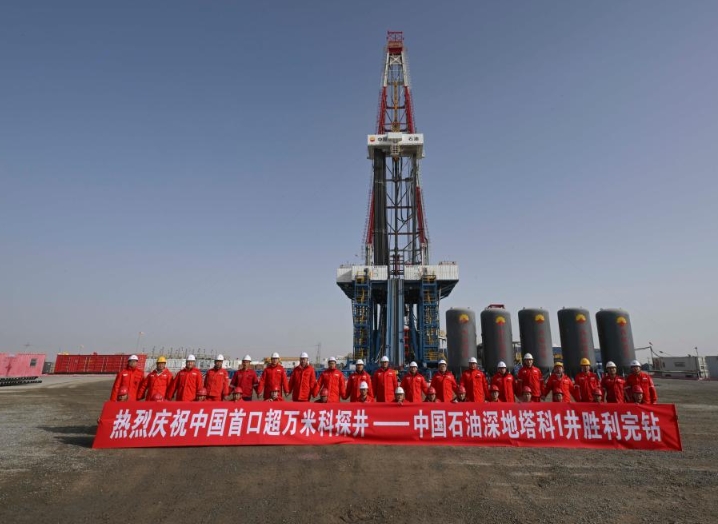
Introducing wide-ranging reforms for the nation’s industry, the EnEfG requires data centre operators to improve their power usage and transparency by introducing energy management systems with best practices identified in DIN EN ISO 50001 certification. As part of these obligations, stakeholders will need to continuously monitor and measure energy demand as well as use 50% renewable energy sources from 2024 and 100% from 2027.
With these measures becoming mandatory by July 2025, Billy Durie, Global Sector Head – Data Centres at Aggreko, is encouraging data centre decisionmakers to leverage supply chain expertise to meet new expectations. He is highlighting how consulting experts within the supply chain can help facility operators ensure a smoother transition to the act’s requirements.
“The EnEfG makes three things very clear – that all power usage must be transparently monitored and managed, any potential energy efficiencies should be implemented, and renewables must become a larger part of the energy mix,” he explains. “This re-prioritisation will lead to some upheaval for data centres, but this can be mitigated by exploring new strategies and approaches around power provision.
“Yet to carry out the large-scale change detailed in the act and remain compliant, expertise from across the supply chain may be required – specifically, from energy supply chain partners. Talking to operators responsible for facilities in Germany, I have often been struck by how busy they are, and the EnEFG’s requirements will only add to this workload. Consequently, reaching out to equipment suppliers to discuss what solutions, technologies and strategies can help reduce and monitor energy usage may help reduce this burden.”
Legislative pressures are among the macro trends identified as impacting data centre construction and operations in Aggreko’s latest two-part report series, Uptime on the Line, which surveyed 700 sector professionals across Europe. Alongside the drive for more efficient and greener equipment, potentially disruptive factors revealed included ageing grid infrastructure, skills shortages and supply chain strain for vital utility equipment.
“The modern world is driven by demand for digital services, resulting in a continually booming data centre industry that is vital to Europe’s continued economic growth,” concludes Billy. “However, this continued upward trajectory may now be affected by pressures outside the market, including grid strain and long lead times for vital on-site solutions, such as generators.
“It is for this reason we launched our latest whitepaper series, Uptime on the Line, earlier this year, to see how the sector felt about the future. As described in these reports, events such as the passage of the EnEfG and other continent-wide legislation will have a major effect on the data centre industry, so it is vital facility operators plan ahead. I would therefore encourage industry stakeholders to read the Uptime on the Line series and reach out to the supply chain to identify next steps in utility provision.”







